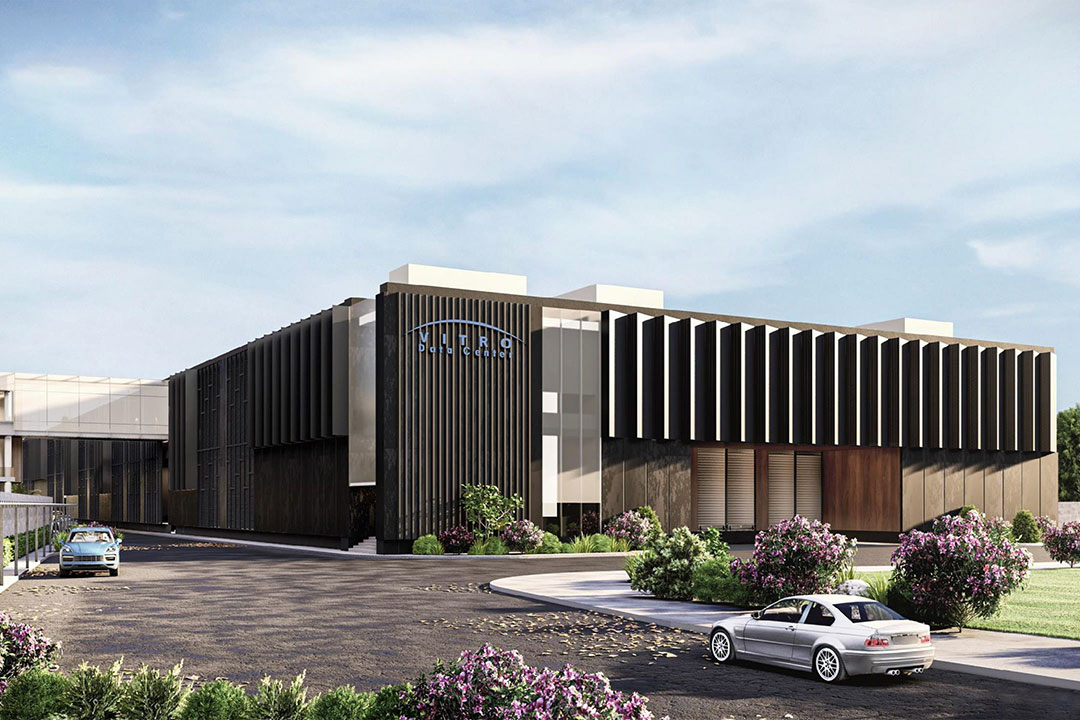AI adoption fuels demand for data centers in PHL — Leechiu

By Beatriz Marie D. Cruz, Reporter
THE INCREASING adoption of artificial intelligence (AI) is driving demand for data centers in the Philippines, which could, in turn, spur growth in the country’s property sector, according to Leechiu Property Consultants (LPC).
“Although we’re seeing a resurgence of the tourism (industry), because of the sluggishness of the office and residential sectors, (data centers are) one part of the property sector that can push for new development, new markets,” LPC Director for Research and Consultancy Roy Amado L. Golez, Jr. told BusinessWorld last week.
Data centers, which house IT infrastructure like networked computers and storage systems, are expected to grow with the adoption of AI.
The Philippines is hard-pressed to speed up its adoption of AI amid its potential to improve productivity in sectors like IT-BPM (information technology-business process management), manufacturing, and healthcare.
“There’s really a huge need to house the information and data that we will be needing as we move towards a more augmented AI,” Mr. Golez said during a briefing last week.
The Philippines, with 73.6% of its population (around 86.98 million) using the internet, is a potential major market for data centers, according to Datareportal, a platform that provides global digital insights and trends.
However, the Philippines lags behind its Southeast Asian peers in terms of the power capacity for its data centers.
The country’s current capacity is at 1.53 watts per capita, significantly lower compared to Singapore (187.67 watts/capita) and Malaysia (18.77 watts/capita).
“It’s (data centers) an industry that’s worthwhile to look at, and I hope that it’s an industry that will also fuel the office market in the next few years,” Mr. Golez said.
Meanwhile, the 2024 full-year office vacancy rate remained flat since the start of the year at 18%, according to LPC.
Vacated spaces jumped by 65% to 690,000 square meters (sq.m.) from 418,000 sq.m. last year, mainly driven by the ban on Philippine offshore gaming operators (POGO).
For 2025 and 2026, office vacancy is seen staying flat at 18%, before falling to 16% by 2027.
“Demand will continue to grow, but we will need time to be able to absorb the contractions and the new buildings that will be injected into the market next year,” LPC Director for Commercial Leasing Mikko Baranda told the briefing.
Leasing demand in the office market grew by 4% to 1.1 million sq.m. from 1.07 million sq.m. despite the POGO ban.
“Government demand for office spaces increased sixfold over the past year, marking a significant milestone in 2024,” Mr. Baranda said.
Demand from government offices was also the highest in seven years, accounting for 11% or 122,000 sq.m. of demand. Traditional offices had the biggest share at 44% or 492,000 sq.m., followed by the IT-BPM sector (38% or 422,000 sq.m.), and POGOs (7% or 76,000 sq.m.).
Within Metro Manila, the Bay Area recorded the largest demand for office space at 24% or 213,000 sq.m., with government accounting for 38%. This was followed by Makati City with 22% or 198,000 sq.m., and Ortigas/Mandaluyong/San Juan at 17% or 152,000 sq.m.
‘SLUGGISH’ RESIDENTIAL MARKET
For the residential sector, the number of Metro Manila condominiums sold dropped by 37% to 25,565 in the first eleven months of the year from 40,555 a year ago. This was the lowest recorded since the start of the pandemic, Mr. Golez said.
The number of new launches also plunged year on year by 46% to 13,226 units from 24,656 units in 2023.
Due to the slow selling pace, it would take around 34 months before the current supply of condominium units is sold, according to Mr. Golez.
“By early next year, we expect many developers to start offering new or novel or innovative schemes for the purchase of condominium units,” he said. “We’re already hearing more furnished units, more management, more involvement of the developers.”
In the hospitality sector, Leechiu expects around 7,500 pipeline keys scheduled to open next year, according to Alfred Lay, director for hotels, tourism, and leisure at LPC. This would be led by Metro Manila (2,882 keys), Panglao Island, Bohol (936 keys), and Mactan, Cebu (869 keys).
Other issues expected to affect the hospitality industry in 2025 include the privatization of the Ninoy Aquino International Airport, the turnover of some public-private partnerships, the value-added tax refund system for tourists, recovery in source markets, and the growing interest in branded residences.



